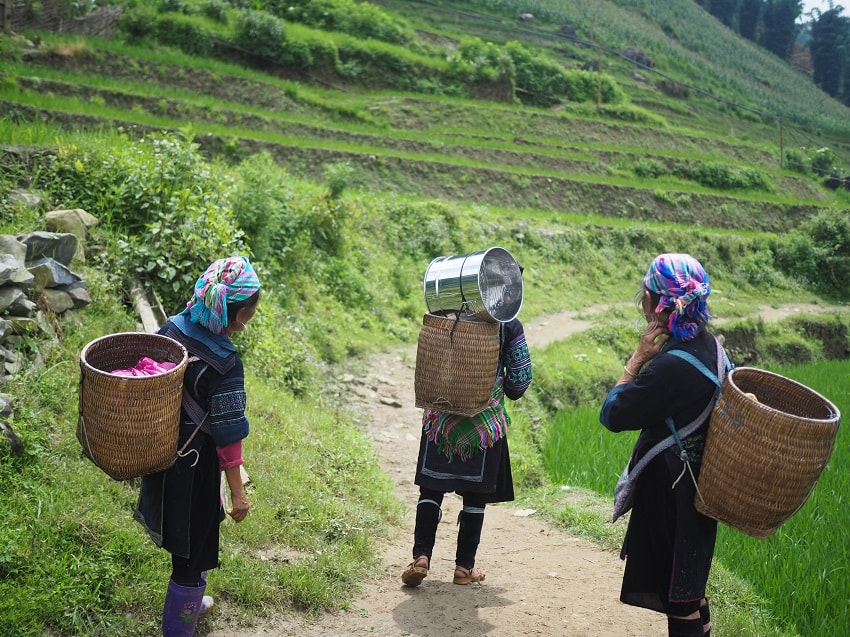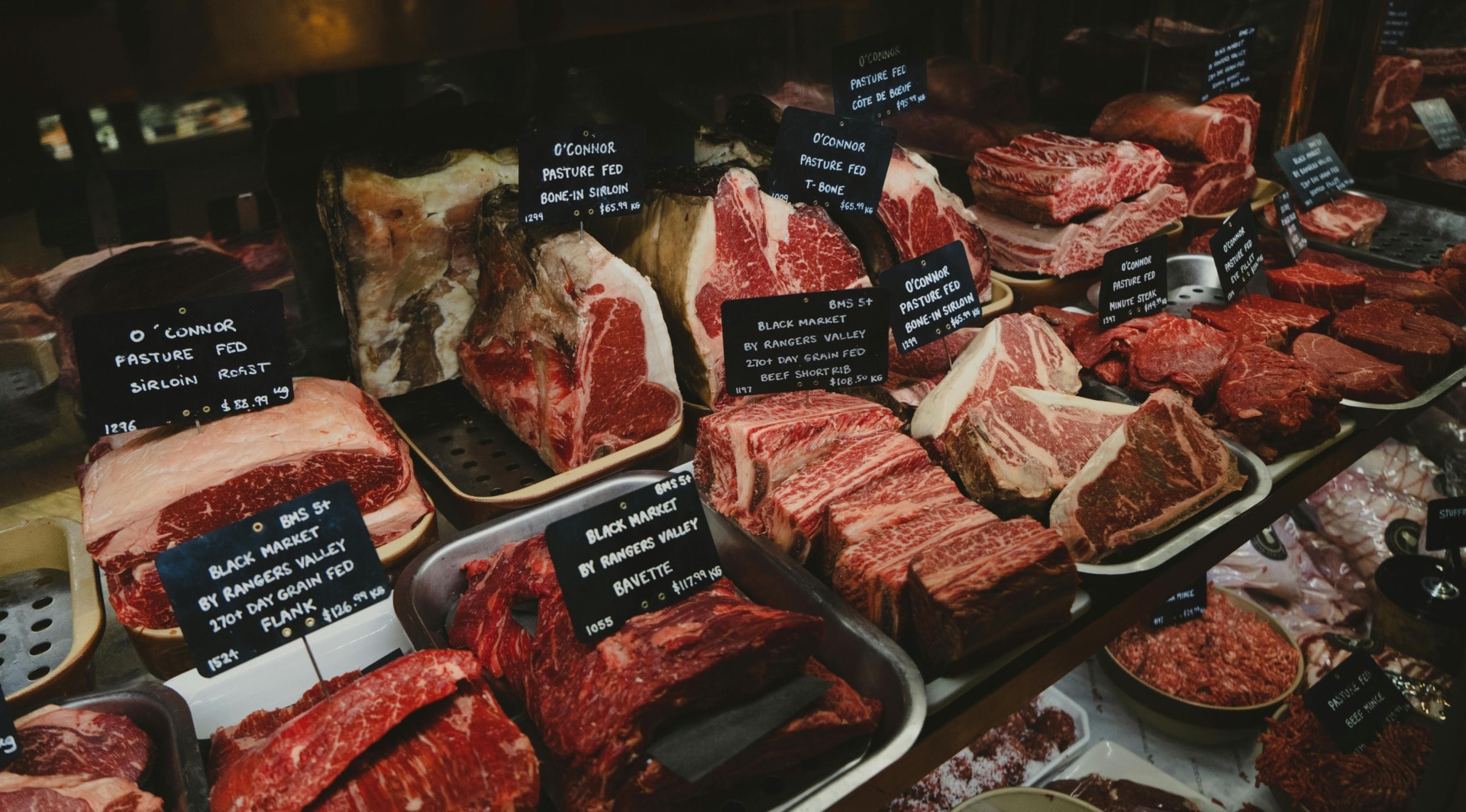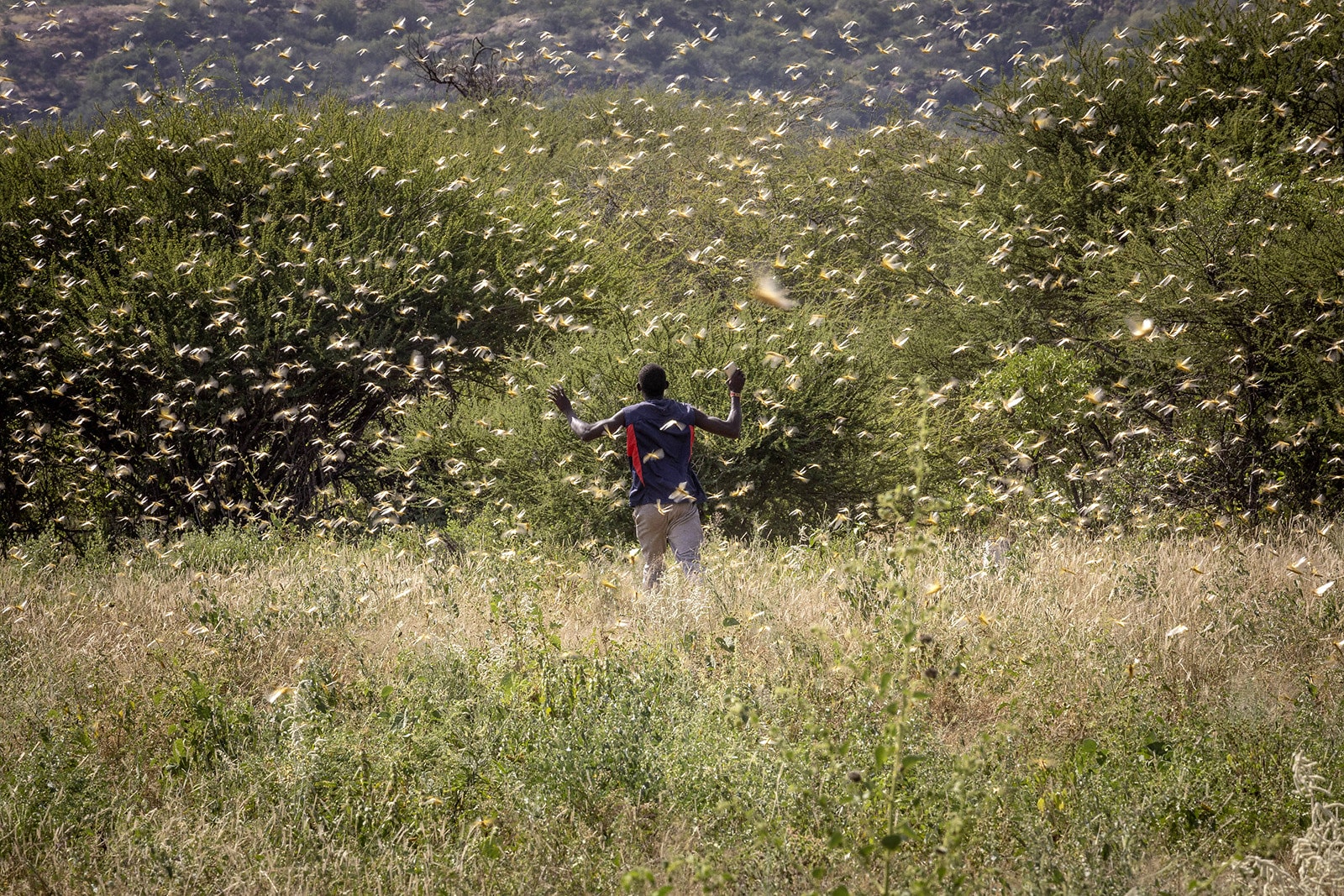When examining the Sustainable Development Goals of The United Nations; zero hunger, responsible production, and climate action are three of the main focal points. In order to take on these goals, we can focus on food loss on farms.
Food loss refers to all edible food that is lost before it reaches the consumer, which accounts for 64% of all food loss along the supply chain. It is also responsible for 45 trillion gallons of water being wasted, annually. On top of the environmental impact, there are also societal implications. There is a layered relationship with small-hold farmers and food loss.
Smallholder farmers produce more than 80% of the food required by developing countries. These farmers have a difficult time securing capital in order to build a more robust and sustainable supply chain, but the issue deepens when these farmers are women.
Food Scarcity and gender:
Of the 80% mentioned above, women make-up almost 50% of those smallholder farmers. Although female smallholder farmers are producing massive quantities of food that the world consumes, they face significant, gender-specific challenges. These obstacles range from lack of land ownership to exclusion from financial services. The primary hurdles these women face are time, land, financial and extension services, education, and technology.
Female farmers are often responsible for all domestic labor, which inherently reduces the time they can dedicate to farming, reducing their earning potential. Additionally, less than 20% of female farmers own the land that they work, limiting their opportunity for financial investments from traditional financing institutions.

Most banks require the person looking for a loan or insurance to own their land. Educational programs that could lead to improved livelihoods and human well-being, safer work conditions, and improved health, are also limited to landowners. Meaning, the majority of female farmers lack access to the resources, agricultural know-how, and markets that could dramatically improve their livelihoods.
To show how impactful access to these resources is, one can evaluate Lipton Tea. Lipton sells roughly $3.5 billion worth of tea every year. In 2010, Lipton committed to only using sustainably sourced tea by 2015. Through this initiative and investment, tea farmers were taught a variety of new practices, including how to maximize soil fertility and water retention, responsible fertilizer usage; and drying tea for sustainable fuel usage. The farmers who adopted sustainable practices saw their average income increase between 10%–15%.
Related Articles: Silicon Valley Insider: Blind, The Anonymous Professional Network |Silicon Valley Insider: Self-Funded Headline Solar Hits $4.5 M in Revenue |Silicon Valley Insider: Clean Energy Storage by Hydrostor Solves for Wind/Solar Intermittency Issues
How to get involved:
After learning about how interdisciplinary this issue is, you may be asking yourself: “how might we better enable female smallholder farmers to have access to the resources, agricultural know-how, and markets that will improve their livelihoods?”.
If you are up for a challenge, there is a Nonprofit in Oakland that is actively addressing the issue. Net Impact helps new leaders broaden their thinking, build their networks, and scale their impact beyond just individual actions. As part of this, they host an annual “Food Solutions Challenge” which is sponsored by Bayer and the World Business Council for Sustainable Development.
You can host an event on your campus or in your community and inspire your peers to find solutions to this important challenge, you can sign up here. Gather your local change-makers and explore different business models that can drive change with purpose and tackle the injustice small hold women farmers are facing.
Providing female farmers with the same resources and access as male farmers improve yields, reduces greenhouse gas emissions, and can lift entire communities out of poverty and food insecurity. When we stop evaluating environmental, racial, and gender issues as independent topics; we unlock a world of solutions.















